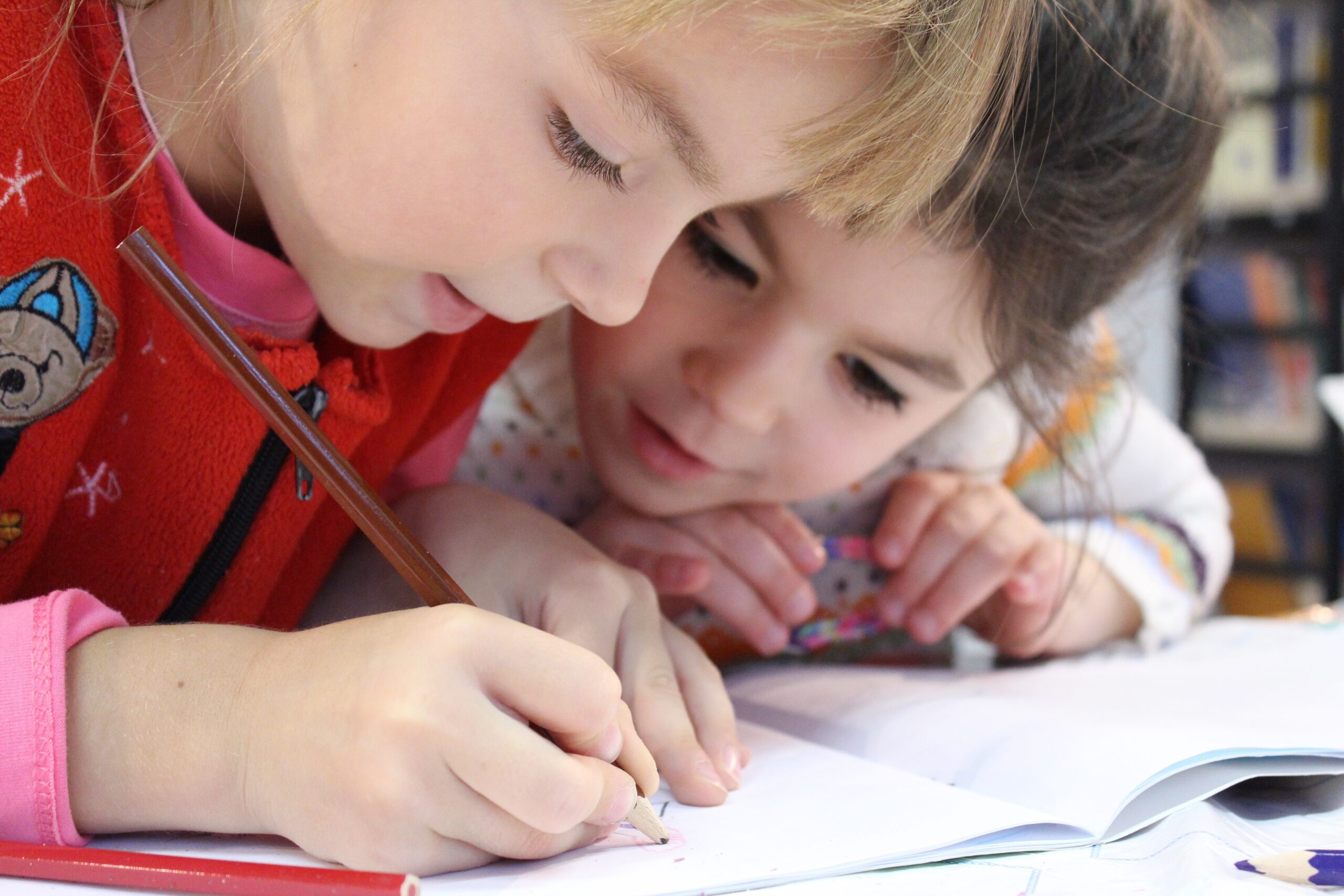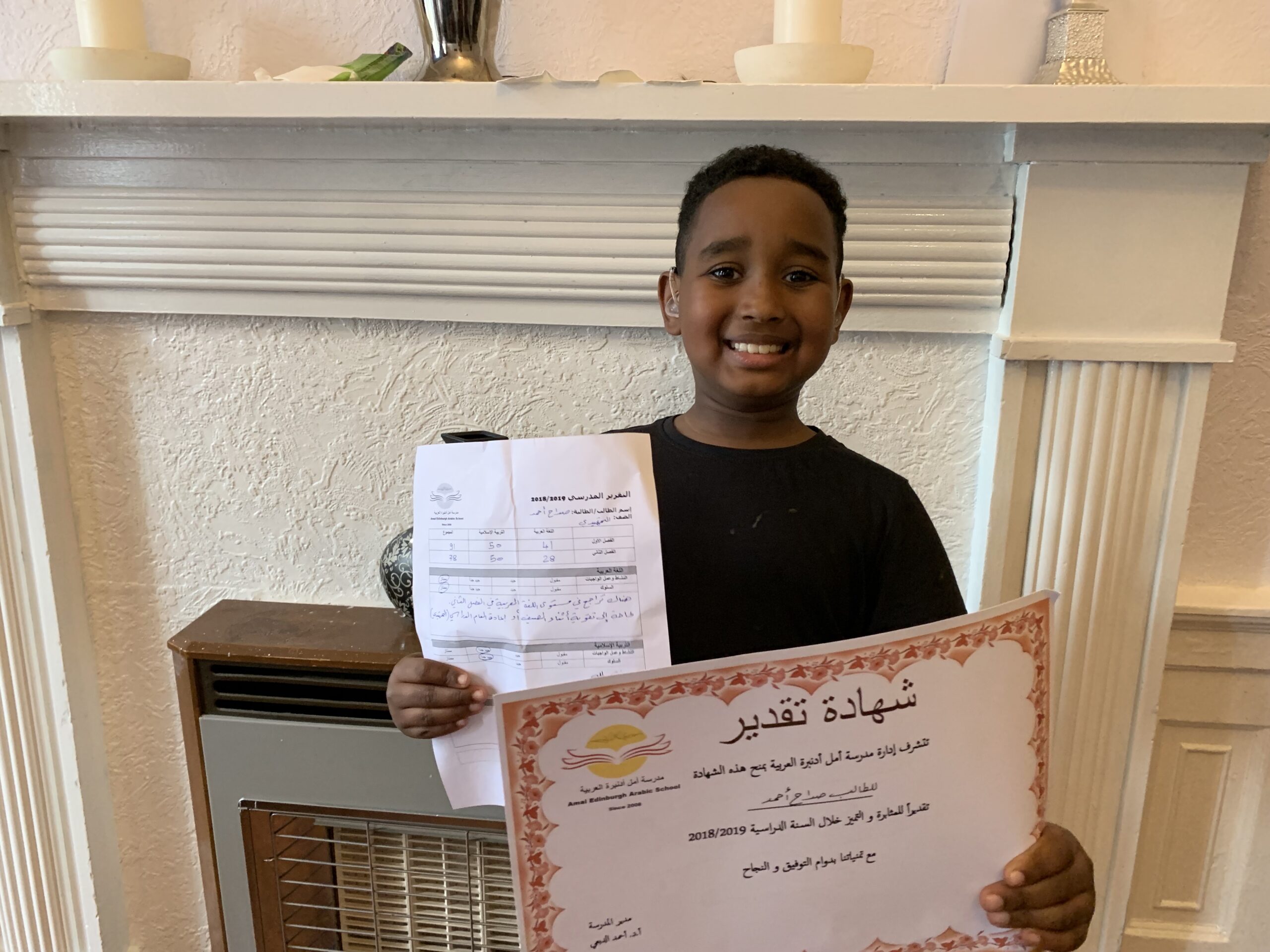We conducted a review of the impact of the Scottish national BSL plan on deaf education, in particular its issues, failures and successes, during Phase…
Leave a CommentTag: bsl
We are delighted to announce that a total of £4,418 has been awarded to Rob Wilks by the University of South Wales’ Faculty of Creative…
2 Comments

